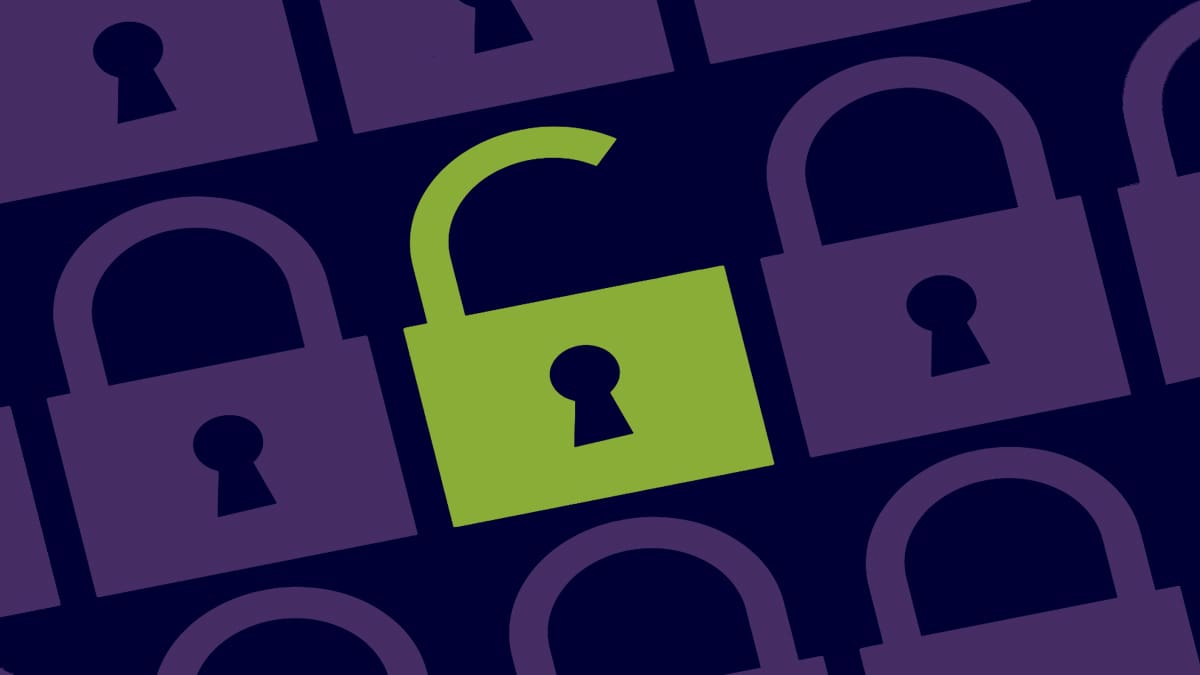Published: July 30, 2021
Cyberattacks, or computer network attacks (CNAs) are rampant in today’s world and come in many different forms. Hackers all over the world are constantly targeting computer users all over the world. These attacks are particularly prevalent against businesses. The three most common cyberattacks against businesses include software or computer viruses, denial of service attacks and phishing scams.
Software or Computer Viruses
Software or computer viruses, often disguised as software updates, are programs installed unintentionally or by accident. These viruses work by infiltrating your computer’s security systems, modifying programs and code and ultimately taking control of the machine. They usually result in stolen and deleted data or remote control of your operations and programs. These viruses can be difficult to identify for the average user, making them the perfect target for an attack.
Distributed Denial of Service Attacks
Distributed Denial of Service, or DDoS attacks, take place when hackers overwhelm a website with a multitude of requests. Though most websites are rated to handle millions of requests per day, DDoS attacks work by sending billions of requests to overload the site and cause it to stop responding. DDoS attacks are usually aimed at shutting down a network, webpage or service to prevent the intended users’ access.
Phishing Scams
Phishing scams are attacks you’ve likely heard of considering 62% of businesses experience them at some point. In these socially driven attacks, hackers attempt to gain personal or confidential information by sending out a series of spam requests to unsuspecting individuals. Victims are usually deceived into opening or clicking links which lead to ransomware attacks, confidential information leaks or the installation of malware.
The tricky part with these is they tend to be disguised as ordinary requests. Examples include requests for passwords, file access, “claim your reward” hoaxes and the like. The two most frequent forms are known as spear-phishing and whale phishing.
Spear phishing occurs when a single individual or organization is targeted with a message requesting access to crucial information. On the other hand, whale phishing attacks target high-ranking employees such as CEOs or CFOs. These attacks are rarely chosen at random, but instead by hackers who are out for trade intelligence or financial information.
In phishing scams oftentimes the hacker will identify a coworker that you trust and make a simple request. Because of that trust, you would be unlikely to double-check their email address every time you correspond with them which could be off by only a character or two in a phishing scam.
Avoiding Common Cyberattacks
Though these types of cyberattacks are common, they’re also easy to prevent when precautionary measures are taken. We recommend running through a digital security checklist in addition to staying up to date on threats in your industry to eliminate weak points in your defense strategies. Likewise, always double-check suspicious messages from coworkers and others before taking any action. Simply asking, “Hey, did you mean to send this email?” or “Is this request legitimate?” could save you from an attack.
Need help updating your cybersecurity measures? Fill out our contact form and let’s chat!

